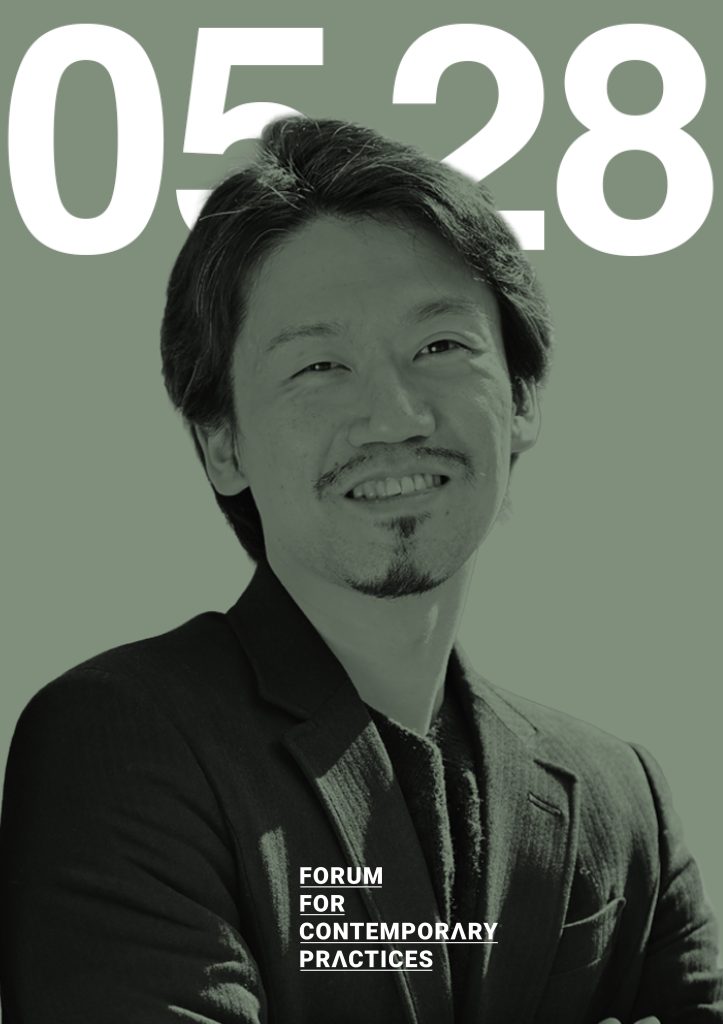
Faculty of Design, Kyushu University is pleased to present the following researcher talk.
Forum for Contemporary Practices – Researcher Talk #2: “Embodied Knowledge of Music: A Neurophysiological and Computational Approach” by Tatsuya Daikoku
▪Date&Time: Wednesday, May 28th, 2025, 18:30 -20:00
▪Venue: Design Commons 2F, Ohashi Campus, Kyushu University
▪Language: Japanese and English (Talk: Japanese, Slides: English, Q&A: J/E)
▪Contact: Shoko Fujitsuka (fujitsuka.shoko.392@m.kyushu-u.ac.jp)
Music has profoundly shaped human artistic experience across cultures and historical periods. However, how music actually affects the mind and body remains mostly unknown. This lecture focuses on the process through which music evokes bodily sensations and emotional responses via the brain’s predictive processing. In particular, recent findings suggest that temporal “fluctuations” in musical uncertainty and prediction error can induce localized bodily sensations—especially in the heart and abdomen—and that these sensations are closely related to aesthetic evaluation. Based on these insights, the lecture proposes a novel hypothesis concerning the cognitive mechanisms underlying musical emotion and embodiment, grounded in the framework of brain’s predictive processing.
Tatsuya Daikoku is an Associate Professor at the Next Generation Artificial Intelligence Research Center, Graduate School of Information Science and Technology, The University of Tokyo. His interdisciplinary research spans creativity, music, language, neuroscience, cognitive science, and machine learning. After earning his Ph.D. from The University of Tokyo, he conducted research at the University of Oxford and the Max Planck Institute for Human Cognitive and Brain Sciences. He currently serves as a visiting researcher at the University of Cambridge and a visiting associate professor at Hiroshima University. Since 2024, he has held his current position. His research begins with the question of how humans perceive, learn, and create music, exploring the neural mechanisms of creativity underlying music through neuroscientific methods and computational modeling. At The University of Tokyo, he leads the Creativity & Music Lab, where he is engaged in research and education on the neural basis of emotion and creativity. He is also active in public outreach, authoring several books in Japanese, through which he broadly discusses the intersection of neuroscience and artistic expression.




